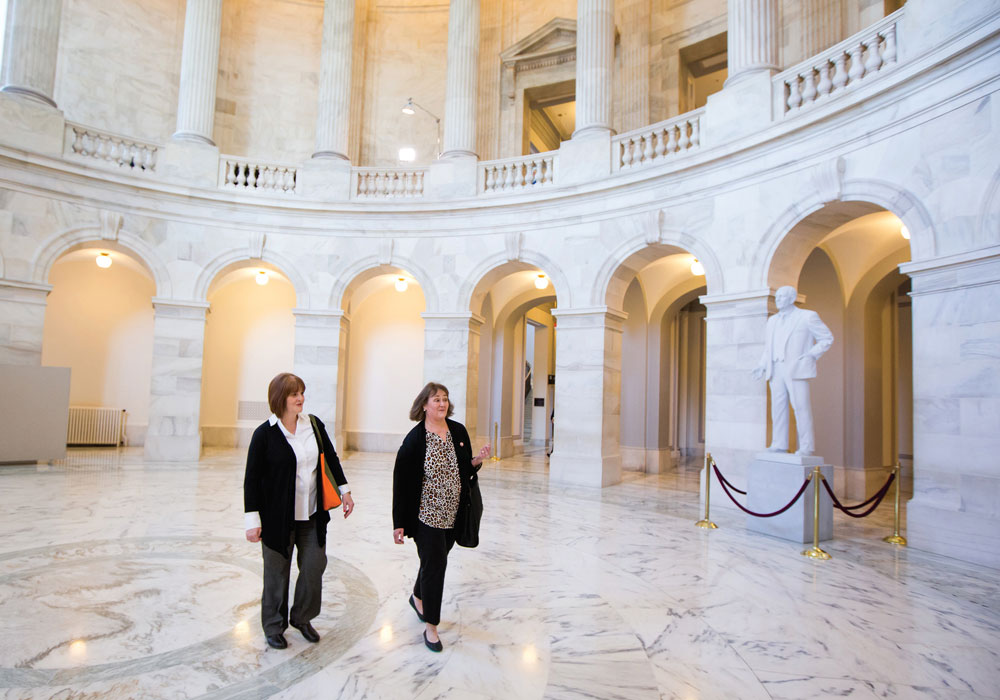For its advocacy approach to the 117th U.S. Congress that convened in January, ONS increased its emphasis on palliative care and patient access, developing its 2021 health policy agenda to reflect the evolving healthcare legislation landscape.
Many priority bills are still on the table and remain a central focus, including the Palliative Care and Hospice Education and Training Act (PCHETA) and the Cancer Drug Parity Act (CDPA). If passed, PCHETA would support palliative care and hospice education centers to improve training and establish programs for nurses and other medical professionals such as pharmacists, social workers, and chaplains, preparing for advanced degrees.
“PCHETA is an imperative,” Emily Baehr, BSN, RN, director of hospice services for St. Barnabas Hospice in Pittsburgh, PA, said. “As we approach 2030, there are estimates that the population of people aged 65 and older is going to grow exponentially, and at the same time the population of physicians that we have right now will be looking at their own retirement.”
If passed, CDPA would ensure universal cost sharing for oral or self-administered cancer medications across all states. This would remove a financial barrier that prevents some patients from adhering to their prescribed cancer treatments. CDPA would restrict health plans from:
-
Changing or replacing benefits to increase out-of-pocket costs
-
Reclassifying benefits to increase costs
-
Applying more restrictive limitations to orally administered medications than to IV-administered or injected medications
“By creating an equal cost-sharing playing field for cancer treatments, CDPA would eliminate a key financial barrier that prevents many patients from accessing breakthrough treatments that could save their lives,” Louis J. DeGennaro, PhD, president and chief executive officer of the Leukemia and Lymphoma Society, said. “We stand ready to work with Congress to move this important bill forward.”
ONS’s advocacy work will also support new legislation that evolves as health care does, such as telehealth and cultural competency.
For almost two decades, ONS has been engaged with decision-makers, including elected officials, regulatory agencies, patient advocacy groups, the media, and the general public interested in healthcare policy. As the most trusted profession, nurses have a unique voice, and their expertise in certain areas is an essential component in the discussion and outcomes of laws and regulations.






